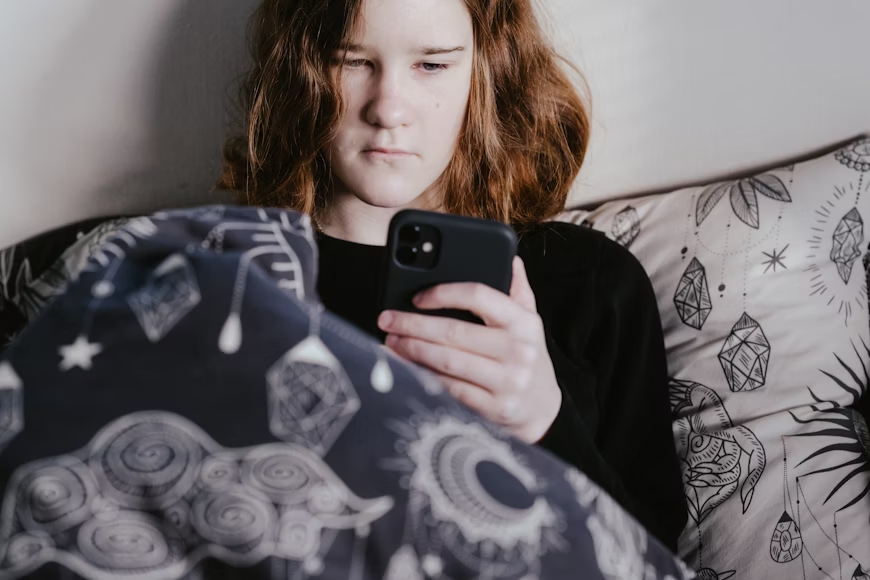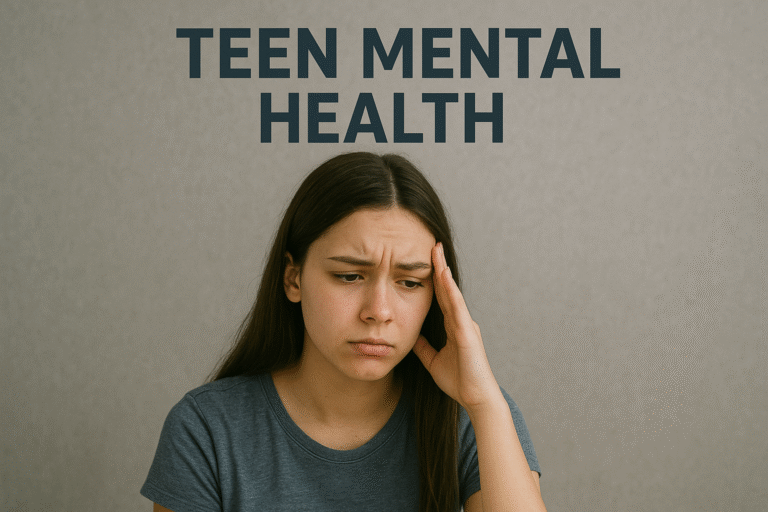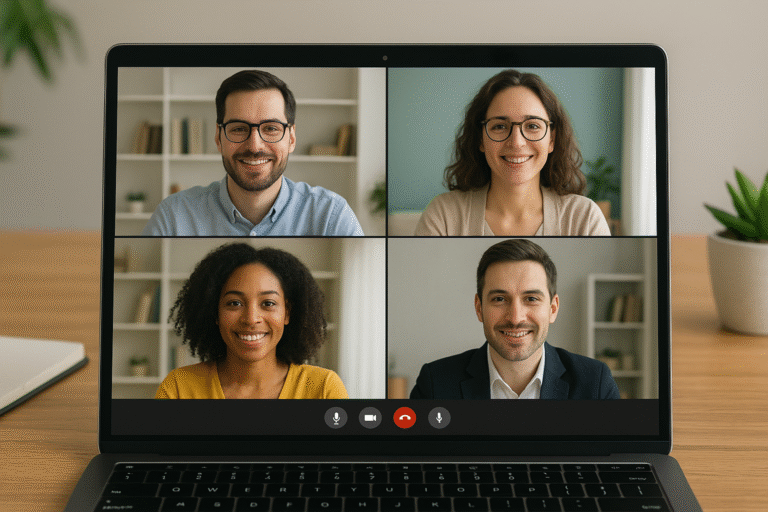Late-night scrolling—endlessly flipping through social media feeds, news updates, or videos before bed—has become a routine for many. While it might seem harmless, studies now show that scrolling affects more than just your bedtime routine; it can significantly impact your mental health. Understanding the link between your nighttime screen habits and mental wellbeing can help you make positive changes for better sleep, mood, and overall emotional resilience.
The Connection Between Screen Time and Mental Health
Consistent late-night screen time interferes with your body’s natural sleep-wake cycle and can contribute to mental health challenges. Checking your phone or computer right before sleeping exposes you to blue light, which suppresses melatonin production. Melatonin is key to regulating sleep, so its disruption leads to poor sleep quality—a major risk factor for mental health issues like anxiety and depression. Numerous studies show how scrolling affects the brain’s ability to wind down, making it harder to achieve restful sleep.
Sleep Deprivation and Emotional Wellbeing
A lack of rest affects how you think and feel. Research links insufficient sleep to irritability, mood swings, and difficulty coping with stress. Over time, chronic sleep deprivation heightens the risk of more serious mental health challenges. Teens and young adults are especially vulnerable to these effects, as their brains and emotional regulation systems are still developing. This is one of the most significant ways scrolling affects emotional wellbeing and resilience.
Anxiety, Stress, and Social Media
Social media platforms are designed to keep users engaged. Endless scrolling can expose you to distressing or sensational news, cyberbullying, and social comparison, which can increase anxiety and stress. This cycle can become self-perpetuating, with individuals using their devices to escape negative feelings but ending up with increased worries and sleep disruption—a combination that undermines mental health. Recognizing how scrolling affects your mood is the first step to breaking the cycle.
FOMO and Digital Addiction
The fear of missing out (FOMO) is a common driver behind late-night scrolling. Seeing constant updates from peers or influencers can fuel insecurity and dissatisfaction, damaging self-esteem and mental wellbeing. Over time, reliance on digital stimulation can develop into an addictive pattern, further compounding mental health risks. Here again, scrolling affects self-perception and can worsen mental health risks when left unchecked.
Tips for Protecting Your Mental Health
If you want to protect your mental health from the harmful effects of late-night scrolling, consider the following:
- Set a digital curfew and avoid screens at least 30 minutes before bedtime. This simple step helps limit how much scrolling affects your sleep cycle.
- Use night mode or blue-light filters on your devices to minimize sleep disruption.
- Replace scrolling with relaxing activities like reading, deep breathing, or listening to music. Doing so reduces how much scrolling affects your emotional state before bed.
- Keep your phone out of the bedroom or out of easy reach at night to curb the way scrolling affects your nighttime routine.
- Become aware of what content triggers anxiety or stress and limit exposure when possible.
Seeking Support for Your Mental Health
If you notice ongoing sleep disruption, mood swings, or signs of anxiety and depression tied to late-night scrolling, reach out for help. Talk to friends, family members, or a mental health professional. Building healthy digital habits is an important part of safeguarding mental health—especially for teens and young adults. Being proactive about how scrolling affects your daily life can prevent longer-term mental health risks and improve your mental wellbeing overall.
Frequently Asked Questions –
Can late-night scrolling really harm my mental health?
Yes. Late-night scrolling disrupts sleep and heightens the risk of anxiety, depression, and emotional stress, all of which are detrimental to your mental health. This is one of the key ways scrolling affects wellbeing.
What are the mental health warning signs I should look out for?
Signs include feeling anxious, irritable, or down after scrolling, struggling to sleep, and a decreased ability to cope with daily stress. Monitoring how scrolling affects your emotions can help you intervene early.
How can I break the habit and improve my mental health?
Set technology boundaries, engage in relaxing bedtime routines, and seek support from mental health professionals or loved ones if needed. Small changes in how scrolling affects your nights can lead to big mental health improvements.
Is it necessary to quit social media for good to protect my mental health?
Not necessarily—moderation is key. Healthy boundaries can reduce how scrolling affects your mood and sleep without forcing you to give up social media entirely.







